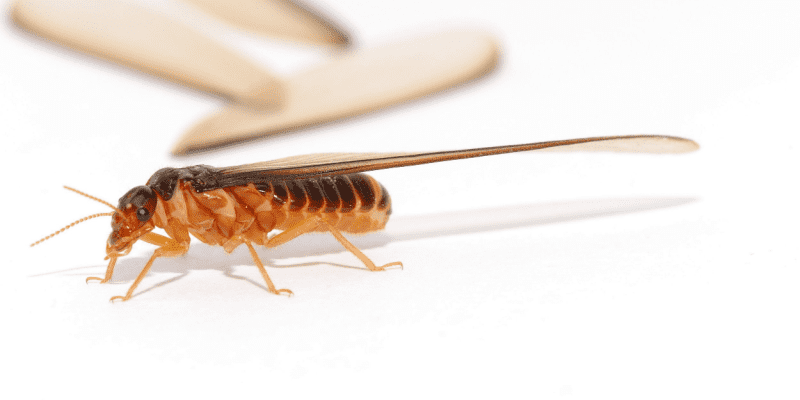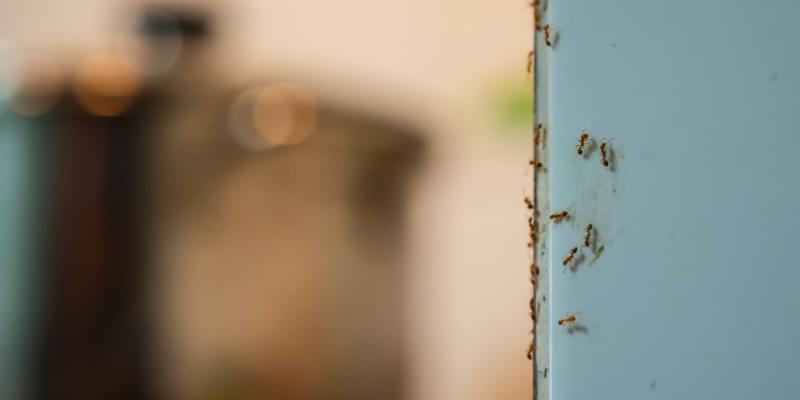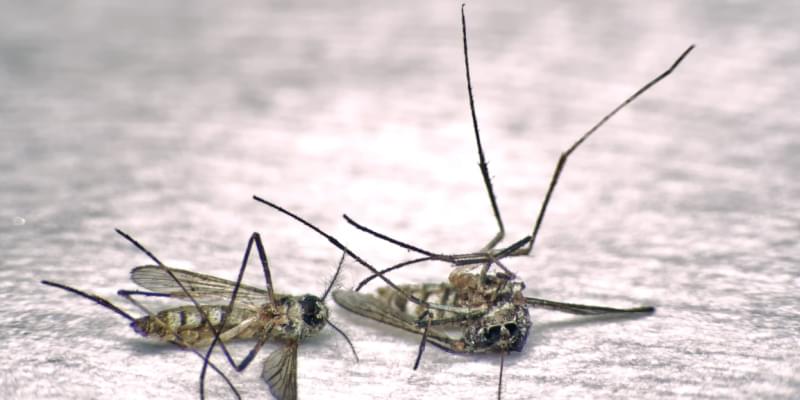Indianapolis is a city that experiences hot and humid summers, providing the perfect breeding ground for mosquitoes. These pesky insects not only create a nuisance by biting and causing itching but can also carry dangerous diseases such as West Nile virus and Zika virus. Hence, effective mosquito control and elimination measures are crucial to protect yourself and your loved ones from these pesky and potentially harmful insects. In this article, we will explore practical strategies for managing mosquitoes in Indianapolis and creating a safer outdoor environment.
- Mosquito Traps One effective method of controlling mosquitoes is through the use of mosquito traps. These traps work by attracting mosquitoes with a combination of light, heat, carbon dioxide, and other chemicals. Once inside the trap, the mosquitoes are either trapped or killed using various methods, such as dehydration or electrocution. There are many types of mosquito traps available on the market today. Some popular brands include Mosquito Magnet, Dynatrap, and Flowtron. Each type of trap has its own unique features and effectiveness depending on factors like location, size of the area to be covered, and species of mosquito prevalent in that area.
- Source Reduction Another fantastic method of mosquito control is source reduction. This method involves identifying and eliminating all potential breeding sites for mosquitoes in an area. This can include removing standing water from flower pots, cleaning gutters regularly, and covering drains with screens. By eliminating these sources where mosquitoes lay eggs, we can significantly reduce their population.
- Mosquito-Repellening Landscaping One promising approach to mosquito control in Indianapolis is mosquito-repellent landscaping, which involves planting certain types of plants that naturally repel mosquitoes. Plants like citronella grass, lavender, lemon balm, and marigolds are all known for warding off mosquitoes. By incorporating these plants into your landscaping design, you can create a natural barrier against mosquitoes that will help keep them out of your yard. Additionally, many of these plants also have other benefits – lavender is known for its calming properties, and lemon balm can be used in tea or as an herbal remedy for anxiety. Of course, no single solution will completely eliminate mosquitoes from your yard, but these ideas can help immensely!
- Professional Mosquito Control Services Professional mosquito control services use various methods to control and eliminate mosquitoes. One common method is to treat standing water with larvicides, which kill mosquito larvae before they have a chance to mature into biting adults. Another approach is to spray insecticides around the perimeter of your property and in other areas where mosquitoes are likely to breed. In addition to these treatments, professional mosquito control services may provide education on preventing mosquitos from multiplying on your property.
In conclusion, mosquitoes can be a significant problem in Indianapolis, causing discomfort and spreading diseases. However, there are many ways to control and eliminate them. From simple measures like removing source reduction to professional chemical treatments, the key is to act quickly and effectively. If you’re not sure what to do or need expert assistance, don’t hesitate to contact Trio Pest Control. With our experience and knowledge, we can help you get rid of mosquitoes and enjoy your summer without any worries. So take action today and say goodbye to these pesky insects once and for all!




